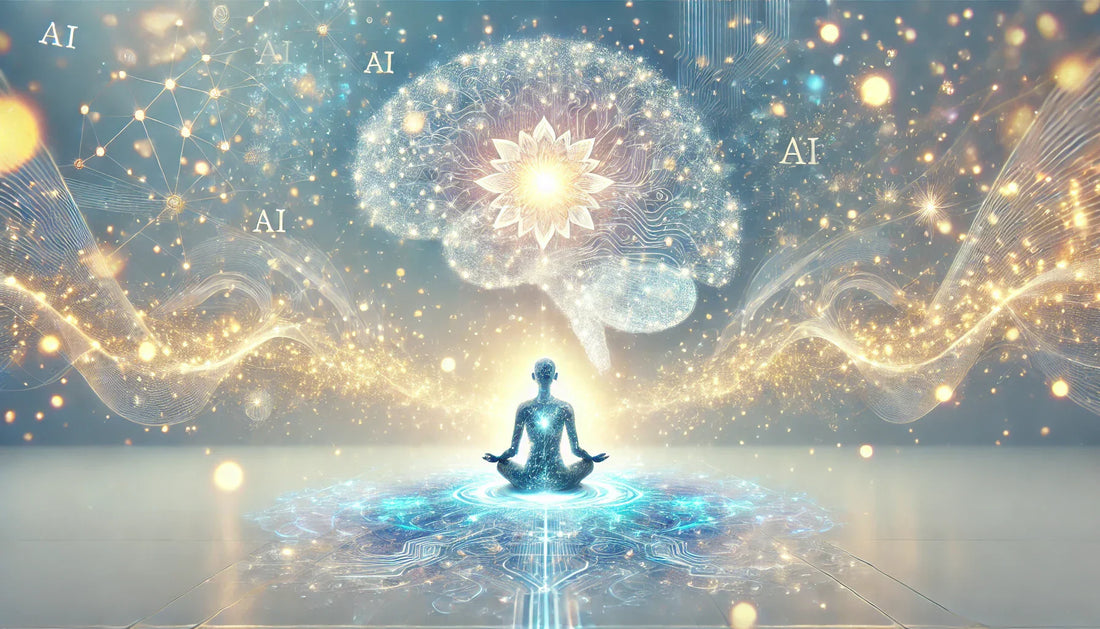"Impossible for a plain yellow pumpkin to become a golden carriage,
Impossible for a plain country bumpkin and a prince to join in marriage..."
These iconic lyrics from Rodgers & Hammerstein’s Cinderella capture an age-old truth—what seems impossible at first can, with the right perspective and tools, become entirely achievable. As I explore the world of AI, I find myself thinking of this song more and more. AI, like the Fairy Godmother in Cinderella, opens doors to possibilities we may have once dismissed as beyond our reach.
AI as a Transcendent Tool for Discovery
Recently, I finished listening to AI Ethics by Mark Coeckelbergh, and I found it fascinating. It truly sparked my philosophical perspective on the matter. Coeckelbergh writes about AI as a transcendent experience—one that challenges our thinking and expands our perception of reality. AI is not just a tool but an extension of our ability to learn, think, and create. In many ways, it mirrors meditation, where we clear mental clutter and gain insights that go beyond our ordinary thought patterns.
When we meditate, we use breath to move beyond fear, emotions, and distractions. We enter a state of clarity, where wisdom emerges from the vast neural networks of our minds. Similarly, when we use AI as an assistant, we tap into a different kind of vast neural network—one that holds knowledge, patterns, and possibilities beyond what we could gather alone. In both cases, we step outside ourselves, reaching toward something greater.
Making the Impossible Possible
AI transforms what once seemed like a daunting or tenuous task into an achievable goal. Whether it’s exploring new ideas, researching complex topics, or refining creative work, AI offers a guiding hand, making what once felt insurmountable suddenly within reach.
Think about the process of blending essential oils. Traditionally, an aromatherapist might rely on intuition, experience, and reference texts to experiment with new combinations. But what if AI could map out unseen synergies, revealing novel blends that balance chemistry, olfactory harmony, and therapeutic effects? What if it could suggest combinations that, at first glance, seemed impossible?
"It's possible! Things are happening every day."
The Balance: AI, Self-Reliance, and Ethical Awareness
While AI is a powerful tool, it is not a replacement for human wisdom, critical thinking, or ethical responsibility. Coeckelbergh emphasizes the need for self-awareness and moral reflection in our interactions with AI. Just as we must be mindful in meditation—staying present and engaged—we must also be conscious users of AI.
- AI can suggest, but we must decide.
- AI can generate, but we must evaluate.
- AI can guide, but we must lead.
To fully benefit from AI’s potential, we must approach it with both openness and discernment. Blind reliance on AI could weaken our ability to think independently, just as relying solely on external wisdom in meditation would limit our personal growth. We must integrate AI’s insights into our own knowledge, remaining critical, self-reliant, and ethically responsible.
The Future: Embracing the Possible
Like Cinderella, we stand at a threshold where the impossible can become possible. AI, when used wisely, can be a tool for transcendence, a gateway to discovery, and a companion in the pursuit of wisdom.
So as I explore AI’s potential, I keep these words in mind:
"It's possible! Things are happening every day."
And indeed, they are.
What are your thoughts on AI as a tool for transcendence? Have you had moments where AI opened up new possibilities you hadn’t considered before?
